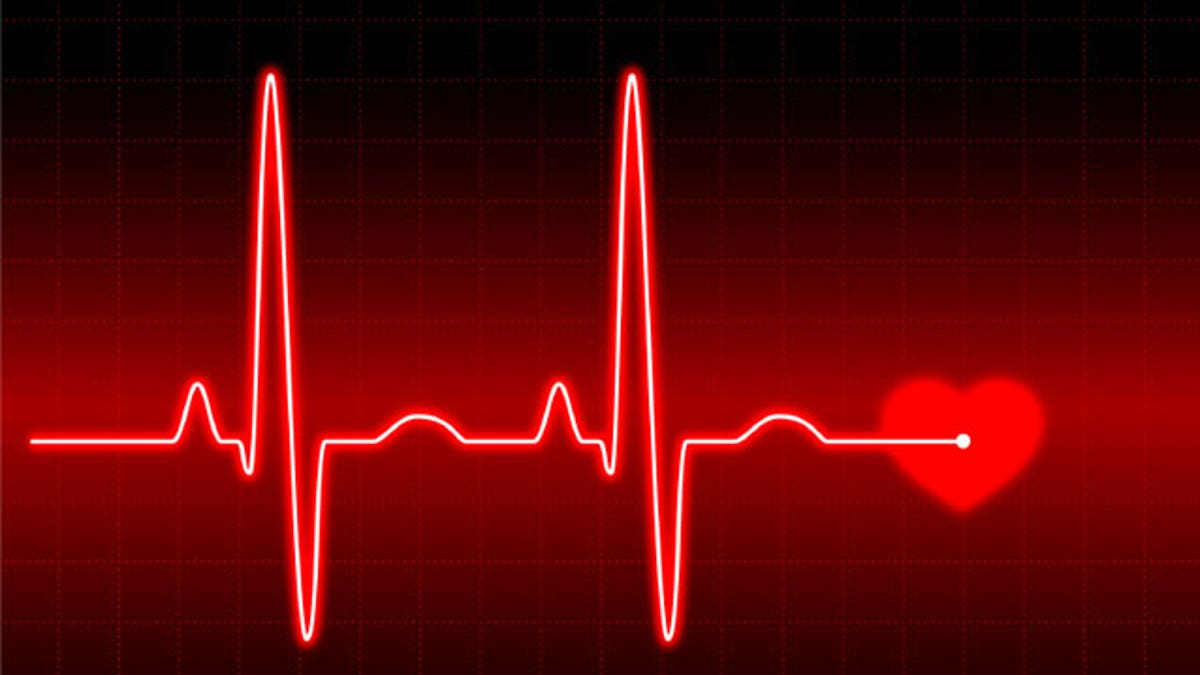
(iStock)
In 1990, Dr. Marianne Legato, founder of the Partnership for Gender-Specific Medicine at Columbia University, was asked by the American Heart Association (AHA) to review the literature about women and coronary disease. Over the last two decades, we have learned that heart disease is different in women than in men. Legato said that women somatize more than men - meaning, they unconsciously convert their feelings into physical symptoms.
Women may talk about their feelings, aches and pains more than men, but in many cases, women do not make the time for themselves to go to the doctor when something doesn’t feel right.
“Often times, doctors may dismiss atypical symptoms for anxiety or other life stressors instead of providing aggressive investigation of the complaint,” says Dr. Aaron Feingold, chief of cardiology at John F. Kennedy Hospital in N.J.
Women Don’t Have “Hollywood Heart Attacks”
Feingold suggested that women have less angioplasty and stenting procedures than men because their complaints are still not taken as seriously as men. This may be attributed to the fact that women do not present with typical angina (chest pressure and heaviness) and may not have the type of heart attacks you see described on the silver screen. Many women experience epigastric distress, or heartburn.
Diagnoses in Women
Feingold said that women are more often misdiagnosed than men when it comes to heart disease.
“Women don’t have real significant coronary artery disease until post menopause – which is 10 years later than men,” he said.
Menopause will increase cardiac risk factors like overweight/obesity, hypertension, diabetes and high cholesterol.
Angioplasty and cardiac stress tests do not always pick up heart disease. Legato explained that women often experience coronary artery spasms, a microvascular problem, where no plaque is seen, but is relieved by nitroglycerin.
The American Heart Association has information about risk factors, signs and symptoms for women and men.
Broken Hearts
Recently, the journal Circulation reported an increased risk of myocardcial infarction, due to grief, in the days and weeks after the loss of a loved one, especially in individuals with cardiac risk factors.
There is another cardiac condition, which affects mostly post-menopausal women, also brought on by stress called takotsubo cardiomyopathy (also known as stress cardiomyopathy).
Legato explained these conditions are brought on by a surge of epinephrine/norepinephrine in the body.
“Perhaps you might think twice about a surprise party for your 85-year-old grandmother,” he quipped.
Legato suggested that women who return to poor relationships after a heart attack, are three times more likely to have another heart attack then men. Women truly are different than men from a biochemical perspective which does impact their cardiovascular health.
Why Some Don’t Seek Treatment
Often times, women, do not want to be perceived as being hysterical, so they minimize seeking medical attention when they do not have the "Hollywood Heart attack."
“I’d guess it’s the same reason why doctors won’t go to the doctor for themselves – because they don’t want to know,” added Legato.
You should discuss all symptoms with your physician and let them know if there is stress in your life.
When It Doubt, Go to ER
Many of us have heard about a person sent home from a doctor’s office or ER who returned home to have a heart attack.
Dr. Leigh Vinocur, spokeswoman for the American College of Emergency Physicians (ACEP) said, “ER docs are astute at ringing the bell – especially for women – when it comes to cardiac issues and err on the side of caution.”
There is an emerging trend in ER care called the Chest Pain ER. It is a separate area of an ER where patients are evaluated for 12 to 24 hours, with repeated tests (EKGs and blood work).
Often times, people may have symptoms, but it takes some time for the injury pattern to show up in the diagnostic tools.
Vinocur’s advice to women, “know your numbers: blood pressure and cholesterol; and be an advocate for yourself.”
Felicia D. Stoler, DCN, MS, RD, FACSM is a doctorally trained registered dietitian, exercise physiologist, TV personality and expert consultant in disease prevention, wellness and healthy living. She is the author of "Living Skinny in Fat Genes: The Healthy Way to Lose Weight and Feel Great." She hosted TLC's groundbreaking series "Honey We're Killing the Kids!" Become a fan of Felicia on Facebook, follow her onTwitter or visit her website FeliciaStoler.com
